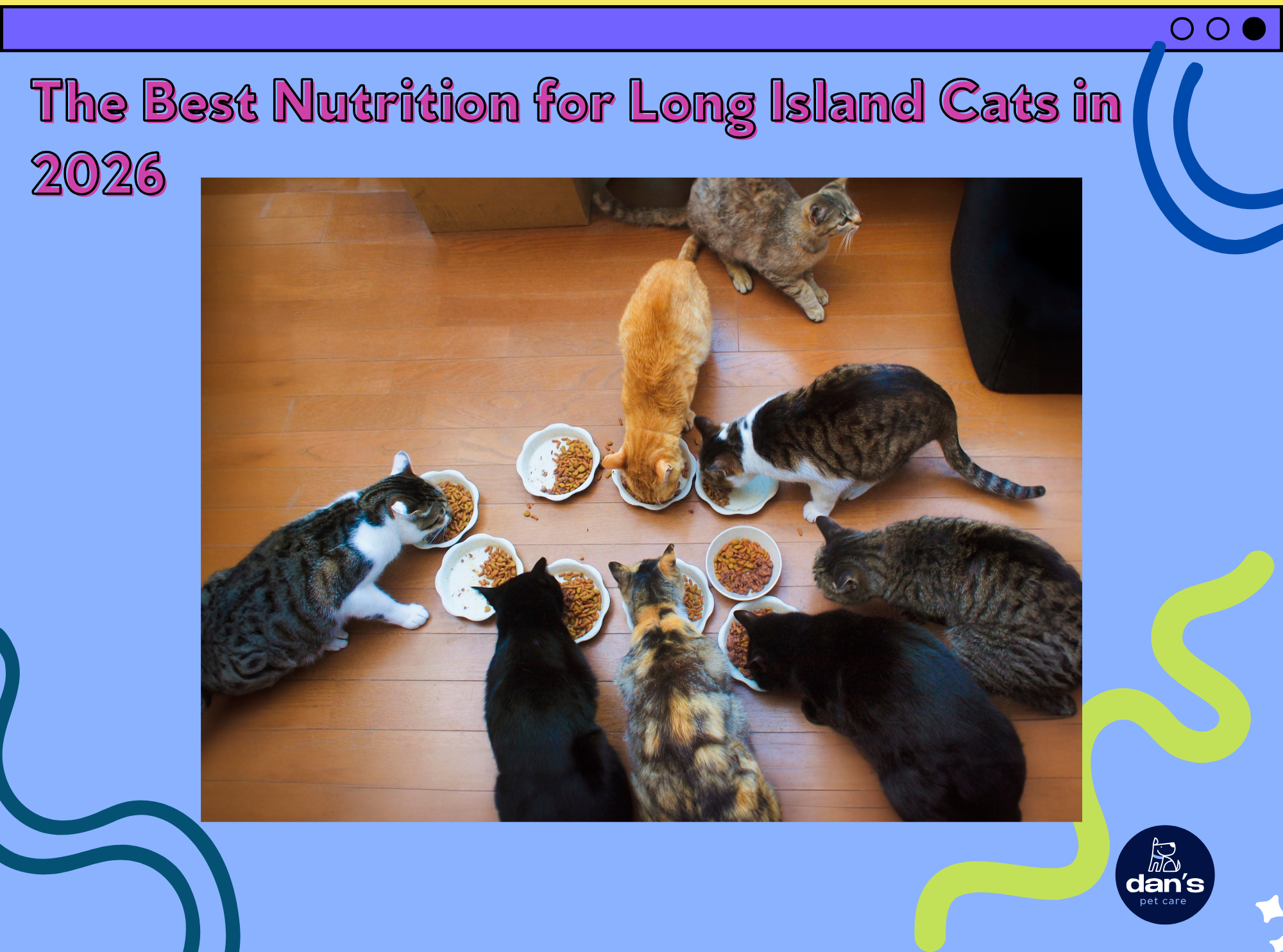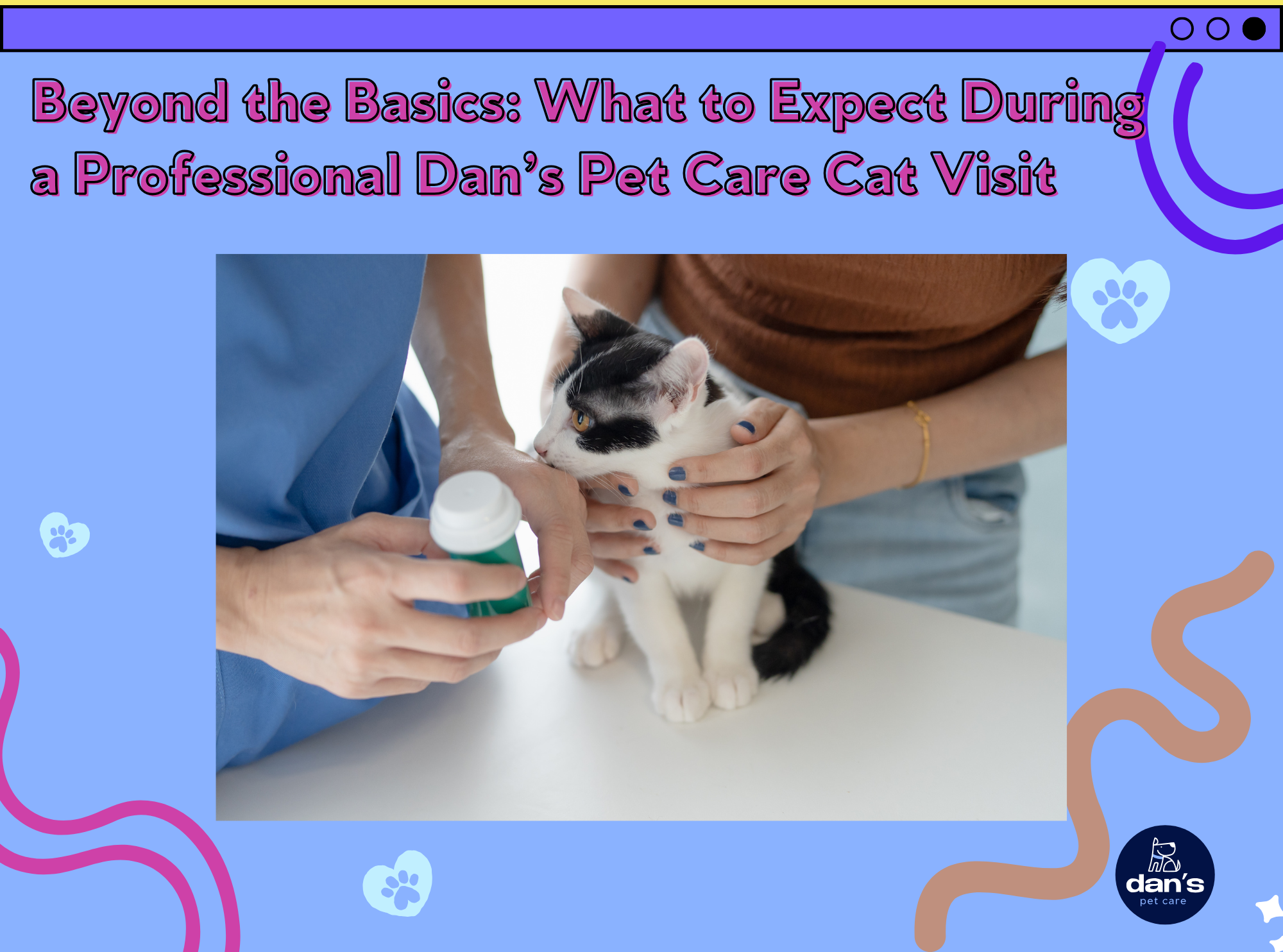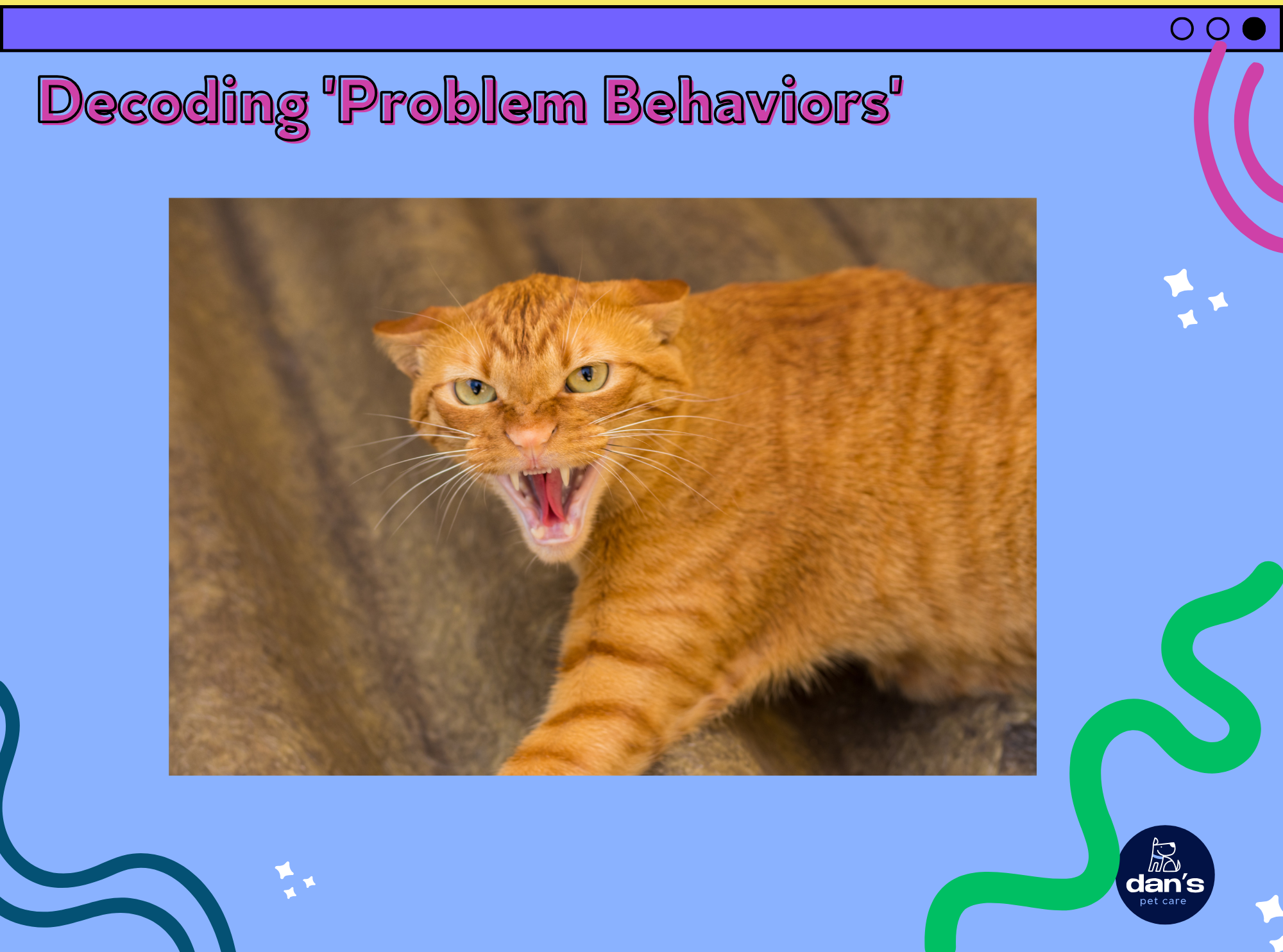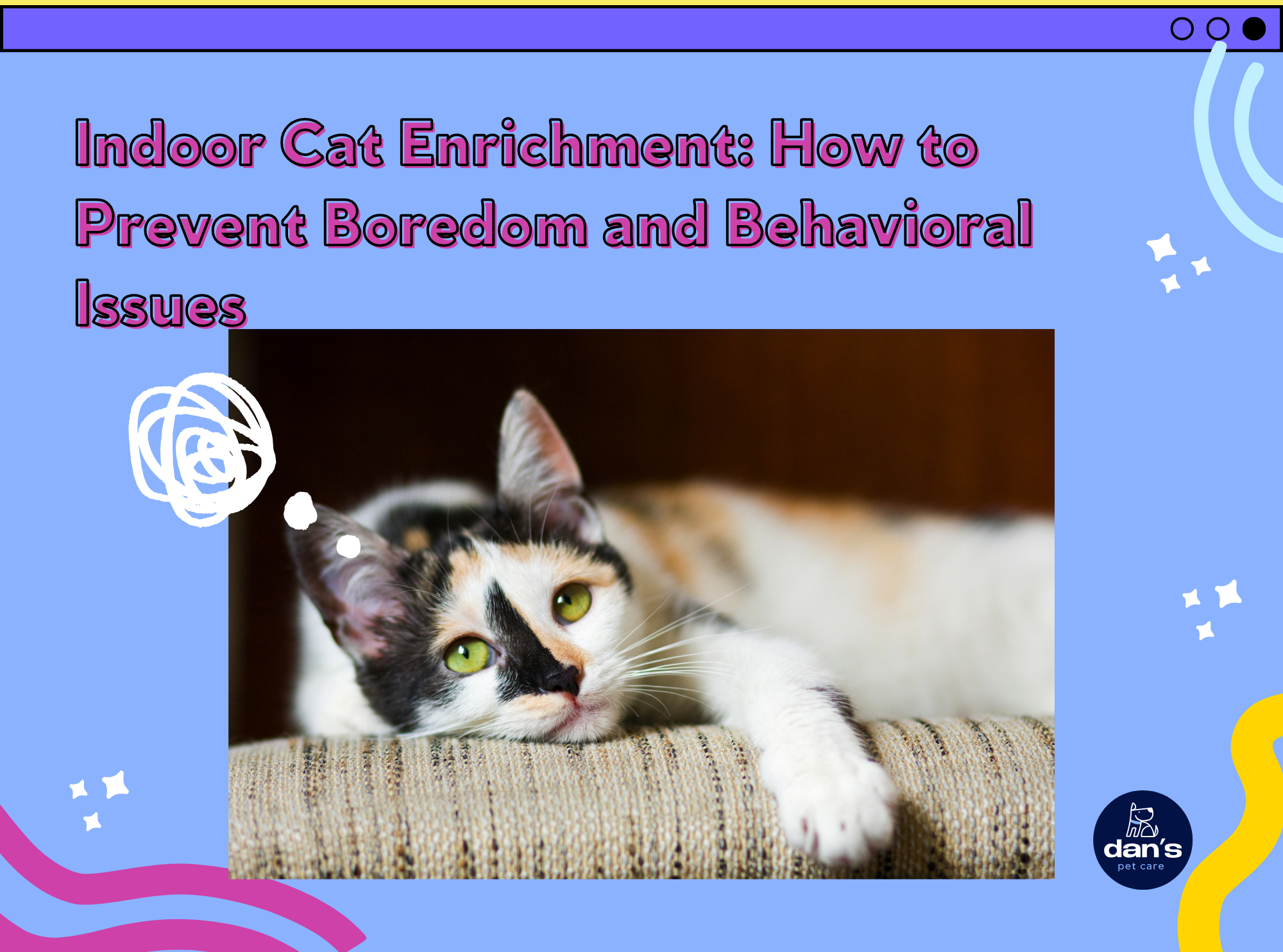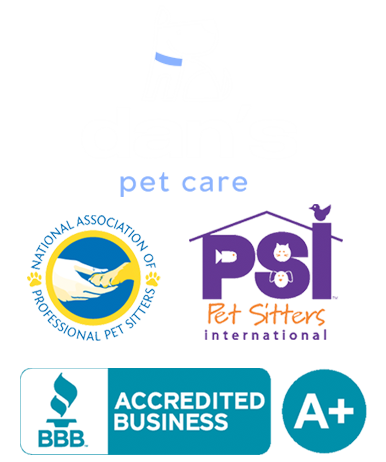Cats are often described as independent and low maintenance pets, but that stereotype can be misleading. While many cats enjoy solitude, they are still social animals who form strong attachments to their humans and routines.
DIY Cat Furniture: Building Feral Cat Shelters and Custom Wall Shelves
Moving to Nassau County with a Cat? What You Need to Know
Can Cats Get Lonely? Signs Your Cat Needs More Interaction
The Best Nutrition for Long Island Cats in 2026
Beyond the Basics: What to Expect During a Professional Dan’s Pet Care Cat Visit
The 2026 Nutrition Revolution: Fresh & Freeze-Dried Diet Trends for Long Island Cats
How to Stop a Cat from Scratching Furniture: Practical 2026 Solutions
The Best Cat Sitting Services in Long Island
Decoding 'Problem Behaviors': When Normal Cat Actions Become Household Conflicts
How Dogs Perceive Humans: A Cognitive and Social Perspective
Do You Speak Cat? Understanding Feline Body Language and Vocalizations
Cats are often misunderstood as mysterious or aloof, but in truth, they are constantly communicating with us. The key is knowing how to read their body language and vocalizations. From tail flicks to purring, cats use a wide range of non-verbal cues to express everything from affection to discomfort.
The Scary Truth About Cats and Chicken Bones
Why Can’t My Cat Meow? 9 Vet-Verified Causes & When to Worry
Cats and Laser Pointers: Is the Red Dot Fun or Frustrating??
How to Train a Cat to Use a Harness and Go on Outdoor Adventures
Can Cats Get Depressed? Understanding Feline Mental Health
Raw Diets for Cats: Pros, Cons, and What Vets Really Think
Indoor Cat Enrichment: How to Prevent Boredom and Behavioral Issues
Indoor cats are safer from outdoor hazards like traffic, predators, and diseases, but their protected environment can come with a hidden downside—boredom. Without the stimulation that comes from hunting, exploring, and climbing outdoors, cats may develop behavioral issues such as aggression, overgrooming, or depression.
